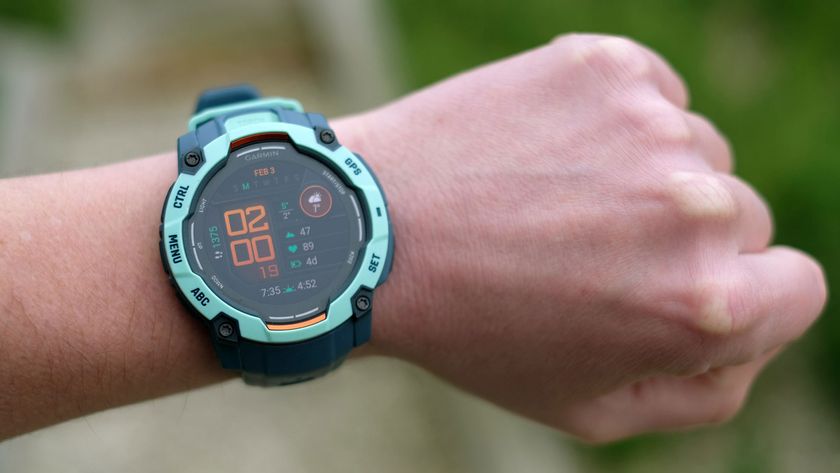Can't Exercise for 30 Minutes Today? Any Activity Is Better than None

Health officials recommend that people get 150 minutes of moderate exercise per week, but some researchers argue that this recommendation may set the bar too high for some people, and that guidelines should instead focus on getting people to be just a little bit more active.
The World Health Organization says that people are sufficiently active if they get at least 30 minutes of moderate physical activity a day, five days a week, or more than 20 minutes of vigorous physical activity a day, three times a week (or an equivalent amount of exercise).
However, more than a third of adults worldwide don't meet these physical activity guidelines, and some people may be discouraged by the recommendations, especially if they are typically sedentary, said Philipe de Souto Barreto, of the University Hospital of Toulouse in France.
Although the WHO recommendations are indeed linked with health benefits, a number of studies have now shown that getting less than the recommended level of physical activity still provides health benefits, compared with being completely sedentary, de Souto Barreto said.
For example, a 2012 study found that people who walked between 1 and74 minutes a week were 19 percent less likely to die during the study period compared with those who did nothing. And a study published last year found that running as little as 5 to 10 minutes a day was linked with a reduced risk of dying from heart disease.
"Getting inactive people to do a little bit of physical activity, even if they don't meet the recommendations, might provide greater population health gains," than focusing on getting people to do 150 minutes of moderate activity per week, de Souto Barreto wrote in an article published this week in the medical journal BMJ. [Does Housework Count As Exercise?]
De Souto Barreto said policies that promote physical activity should focus on people who currently don't do any exercise. The percentage of people in the United States who report doing no physical activity at all (around 25 percent) has not changed in the last two decades.
Sign up for the Live Science daily newsletter now
Get the world’s most fascinating discoveries delivered straight to your inbox.
When it comes to making recommendations, "The main purpose should be to promote small, incremental increases in daily physical activity," de Souto Barreto said. "Achieving target physical activity recommendations should remain as a goal, but not the core public health message surrounding physical activity."
In a separate article, also published in the BMJ, Phillip Sparling, a professor emeritus at the Georgia Institute of Technology's School of Applied Physiology and colleagues agreed, noting that the goal of getting 150 minutes of moderate activity per week may be particularly difficult for older people to meet.
For example, in a survey of about 7,000 U.S. adults, the amount of time people spent doing moderate physical activity decreased with age, from about 30 minutes a day for people ages 20 to 29, to less than 10 minutes a day for people ages 70 to 79.
"When advising patients on exercise, doctors should encourage people to increase their level of activity by small amounts rather than focus on the recommended levels," Sparling and his colleagues wrote in their study.
Dr. James Borchers, a sports medicine physician at The Ohio State University Wexner Medical Center, who was not involved with either of the BMJ papers, said he agreed with the authors. "If you're not doing any activity, the idea of doing 150 minutes of moderate activity a week may seem overwhelming, or even unobtainable," Borchers said.
But there's good evidence that if people who are not active at all start doing some activity, this is beneficial, even if it's not enough exercise to meet the current guidelines, Borchers said.
Still, Borchers said he did not disagree with the WHO recommendation. "Clearly, there are some folks that need to be pushed to that goal, but that may not be the first step for all patients," Borchers said.
Follow Rachael Rettner @RachaelRettner. FollowLive Science @livescience, Facebook& Google+. Original article on Live Science.

Rachael is a Live Science contributor, and was a former channel editor and senior writer for Live Science between 2010 and 2022. She has a master's degree in journalism from New York University's Science, Health and Environmental Reporting Program. She also holds a B.S. in molecular biology and an M.S. in biology from the University of California, San Diego. Her work has appeared in Scienceline, The Washington Post and Scientific American.











